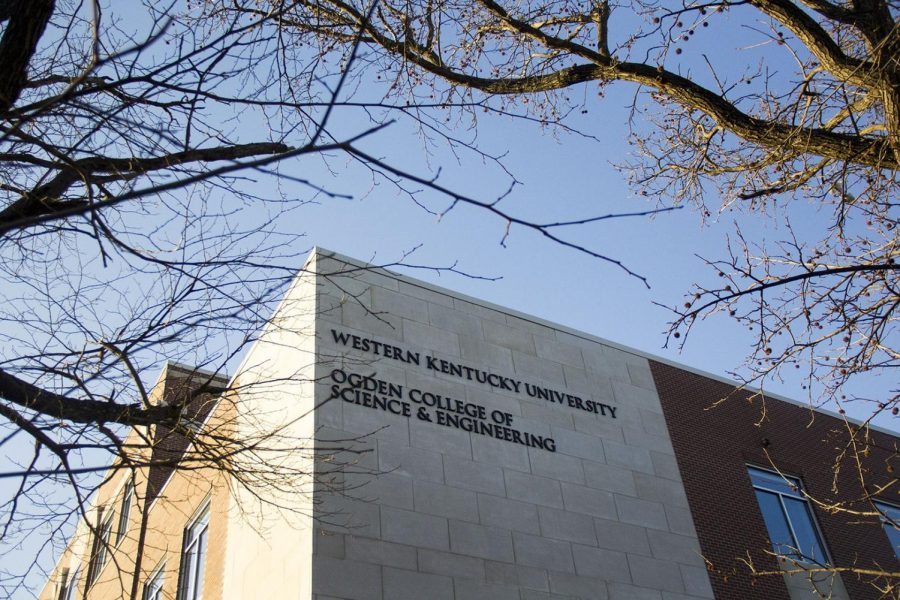Two WKU namesakes, Potter and Ogden, center of discussions over historic links to slavery
August 13, 2020
EDITOR’S NOTE: Because of an editing error, this story originally identified Potter Hall as being named for Pleasant J. Potter. It was named for J. Whit Potter. The Herald regrets the error.
Now that the slaveholding history of their namesakes is known, two of the oldest names at WKU — Pleasant Potter and Robert Ogden — are the focus of discussion about whether the change should come to the longstanding names on Hill.
In 1966, Western moved from being a state college to a university, and two of the original WKU colleges carried the names — now Potter College of Arts & Letters and Ogden College of Science and Engineering.
“The decision was made as a part of that process (of becoming a university), to recognize predecessor institutions, which are institutions that have been here years before and were created as a part of the names for those institutions,” said David Lee, university historian, a former provost and former dean of Potter College.
Ogden College got its name from a Virginian, Robert Ogden, who came to Warren County in the early 19th century. He married a fairly wealthy widow who died a few years later. Ogden had hands in many things including land, horses, and slaves. By 1860, he owned 38 enslaved people.
“Ogden’s wealth was generated largely through the labor of slaves and Ogden College was funded totally through the money he had accumulated,” Lee said.
In 1870, Ogden drew up a will in which he left money to establish a women’s or men’s school, preferably men, but he ultimately left the decision to his executives. His only request was to have the college named after him.
According to Lee, Ogden also created scholarships stipulating that it would only be available to white, native-born American citizens.
Ogden died in 1873 and Ogden College was established in 1877 and continued for about 50 years. Over time, the college began to have trouble financially and by 1927 it had merged with Western Kentucky State Normal School and Teachers College, the predecessor to WKU.
The Ogden trustees continue to own part of Western’s campus, which includes three buildings on seven acres and a 140-acre farm. It is currently leased to WKU on a 99-year lease that will end in 2059, according to Lee.
Potter College got its name from Pleasant J. Potter.
Potter was born in 1820 in Warren County. He was a well known local banker and came from a family that enslaved people. He would eventually go on to own six slaves in 1850 and six more slaves in 1860.
“Potter had made money from a variety of things, slavery was among them,” Lee said.
In the late 1880s, a small group of men wanted to establish a school for young women.
According to Lee, Potter contributed to fundraising for the school. When that effort fell short, Potter significantly increased his financial involvement.
After the increase in his donation, the school opened and was named the Pleasant J. Potter College for Young Ladies. Lee said it’s uncertain if Potter asked for the school to be named after him, if it was offered to him or if the people of the school simply did it to show their appreciation.
The college lasted for about 20 years before it went bankrupt. It was then bought by Western Kentucky State Normal School and Teachers College as well as other land and buildings that were part of Potter College.
WKU also has a building on campus named for one of the men — Ogden College Hall, which opened in 2018. Potter Hall atop the Hill, which opened as a dorm in 1927, was named for J. Whit Potter, who was born after the Civil War and was not a slaveholder.
Last Friday after a Board of Regents meeting President Timothy Caboni spoke on an ongoing conversation about changing the names of the two colleges in a press conference. “ We will continue that conversation into the fall semester,” said Caboni.
Caboni said he hopes to have announcements on those accommodations at convocation.
























